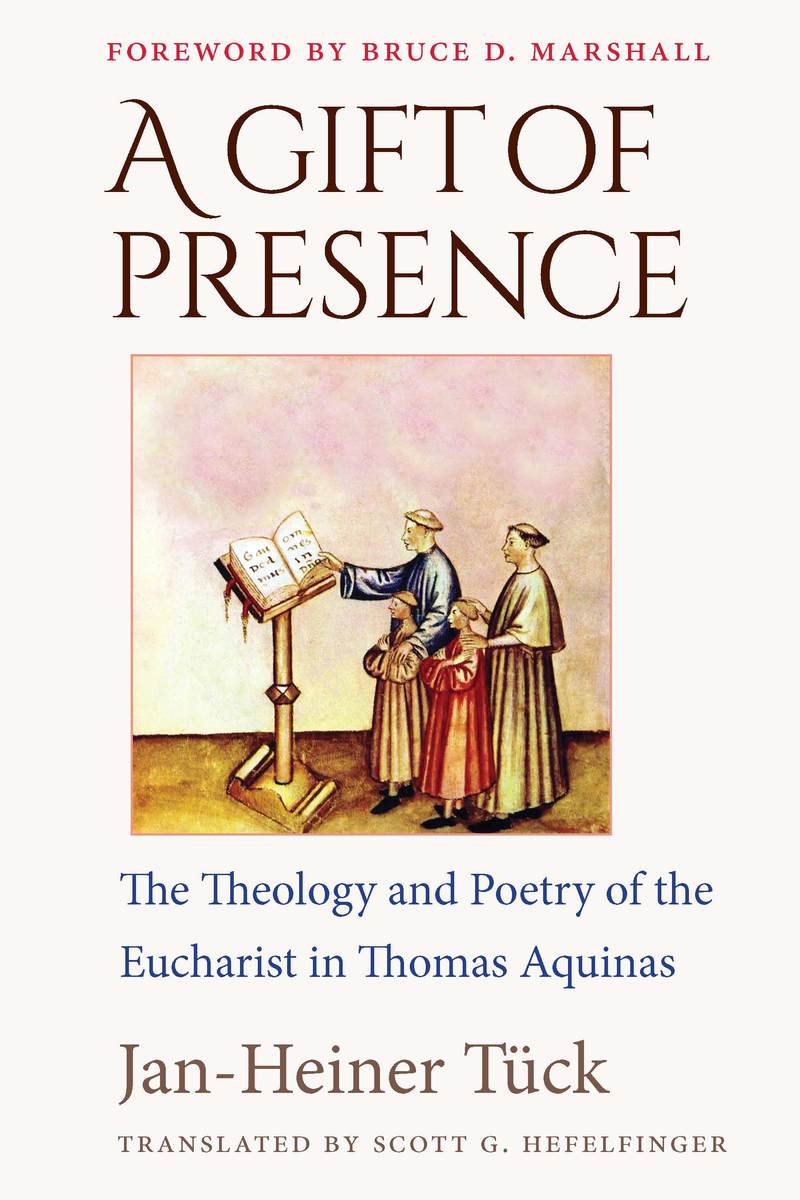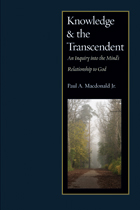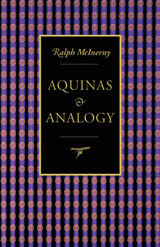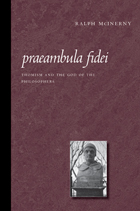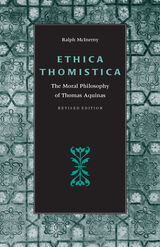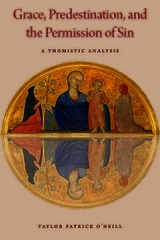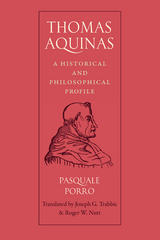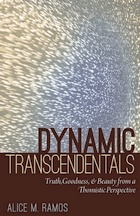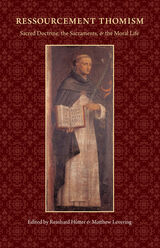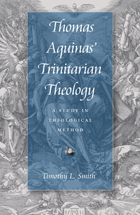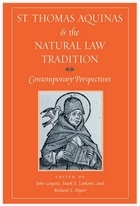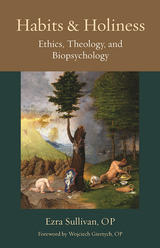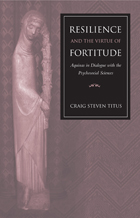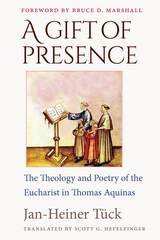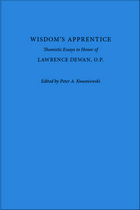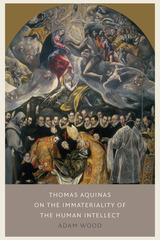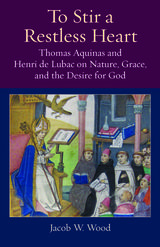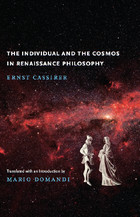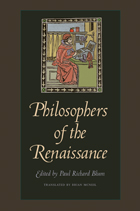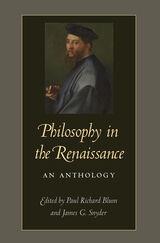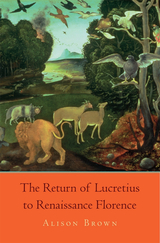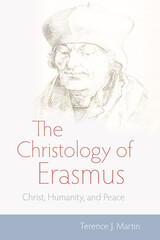A Gift of Presence: The Theology and Poetry of the Eucharist in Thomas Aquinas
Catholic University of America Press, 2018
Cloth: 978-0-8132-3039-9 | eISBN: 978-0-8132-3040-5
Library of Congress Classification B765.T54T8313 2018
Dewey Decimal Classification 234.163092
Cloth: 978-0-8132-3039-9 | eISBN: 978-0-8132-3040-5
Library of Congress Classification B765.T54T8313 2018
Dewey Decimal Classification 234.163092
ABOUT THIS BOOK | TOC
ABOUT THIS BOOK
Jan-Heiner Tück presents a work that explores the sacramental theology, lived spirituality, and Eucharistic poetry of the Church’s doctor communis, St. Thomas Aquinas. Although Aquinas’ Eucharistic poetry has long occupied an important place in the Church’s liturgical prayer and her repertoire of sacred music, the depth of these poems remains hidden until one grasps the rich sacramental theology underlying it. Consequently, Tück first offers a detailed but approachable primer of Aquinas’ theology of the sacraments, before diving deeply into the Angelic Doctor’s theology and poetry of the Eucharist. The Scriptural accounts stand at the heart of the systematic framework developed by Aquinas, and thus significant attention is devoted to showing the harmony between the accounts of Christ’s passion and the detailed exposition of the Summa theologiae. Moreover, the Eucharistic controversies of the ninth and eleventh centuries provide the contrapuntal context in which Aquinas did his thinking, praying, and writing. Not surprisingly, therefore, the response he crafts to these controversies draws upon both speculative powers and contemplative prayer, brought together in the unity of Aquinas’ theology and spirituality. The net result is a twofold treasure for the Church: a careful systematic presentation of Eucharistic theology and the lived devotional expression of the same in the carefully constructed—and now much beloved—stanzas of Pange lingua gloriosi, Lauda Sion, Adoro te devote, etc. By revealing the lively interplay of the saint’s powerful speculative intellect and a heart steeped in love for the Eucharistic Lord, Tück offers a sophisticated exposition of Aquinas’ Eucharistic poetry and the roots it sinks into a wider theological framework. Finally, the contemporary significance and power of Aquinas’ work is drawn out, not only in the rarefied realm of intellectual inquiry but also in the everyday expanse of ordinary life.
See other books on: 1225?-1274 | Christian Rituals & Practice | Gift | Middle Ages, 600-1500 | Thomas, Aquinas, Saint
See other titles from Catholic University of America Press
